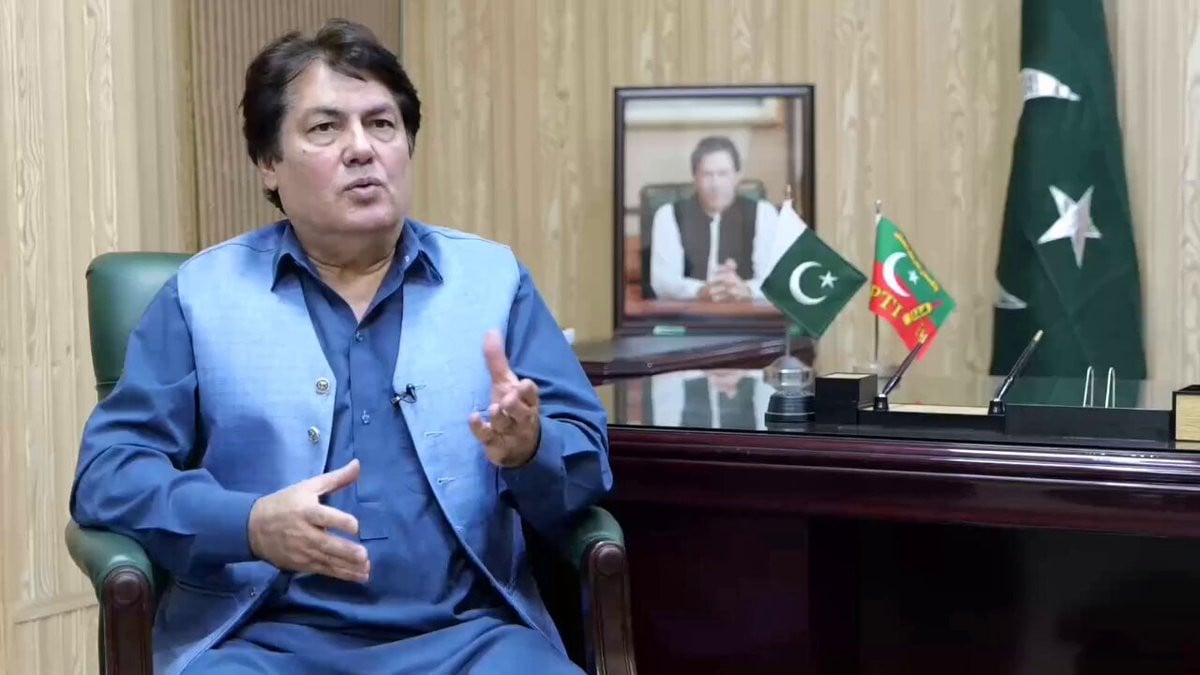Khyber Pakhtunkhwa Information Advisor, Barrister Saif, on Monday sharply criticized the Shehbaz-led government, accusing it of regressing Pakistan to a ‘stone age’ state due to persistent internet disruptions.
He asserted that these interruptions not only breach constitutional rights but also severely hamper the commerce and business sectors, further elaborating on the detrimental effects these disruptions have on the Information Technology and digital sectors. He attributed these issues to the incompetence of the current administration.
Barrister Saif urged human rights and digital rights organizations to challenge the government’s actions, including the installation of firewalls, the banning of social media platforms, and the provision of slow internet services.
In a broader context, Pakistan has been grappling with slow internet speeds for weeks. Activists claim that the state is constructing a China-style internet firewall to tighten control over online spaces. Contrarily, officials have refuted these claims, attributing the slow speeds to the widespread use of VPNs.
Since the unrest triggered by former Prime Minister Imran Khan last year, the government has intermittently blocked social media platforms and throttled connection speeds as the fight for public support has intensified in digital spaces.
The microblogging platform X has been inaccessible since the February elections, purportedly due to national security concerns, affecting the extensive user base of Mr. Khan’s supporters.
However, Minister of State for Information Technology Shaza Fatima contended on Sunday that the government was not responsible for the recent slowdown, attributing the issues to technical challenges exacerbated by heavy VPN usage.
She asserted that the state upgrades its systems to bolster cybersecurity, which she deemed necessary given the cyber threats the country faces.
Activists, however, accuse the minister of evading criticism. Shahzad Ahmad, director of the local digital watchdog Bytes for All, claimed to possess technical evidence of a firewall aimed at monitoring online traffic and restricting information dissemination, particularly political expression.
Amidst these claims, the business community has voiced concerns that the persistent internet issues pose a significant threat to Pakistan’s economic and business potential, particularly affecting the IT sector, which could face losses up to $300 million according to the Pakistan Software Houses Association.
This situation has sparked fears of a potential mass exodus of IT companies if no decisive actions are taken. Activists have also petitioned the Islamabad High Court to recognize internet access as a fundamental right under Pakistan’s constitution.

